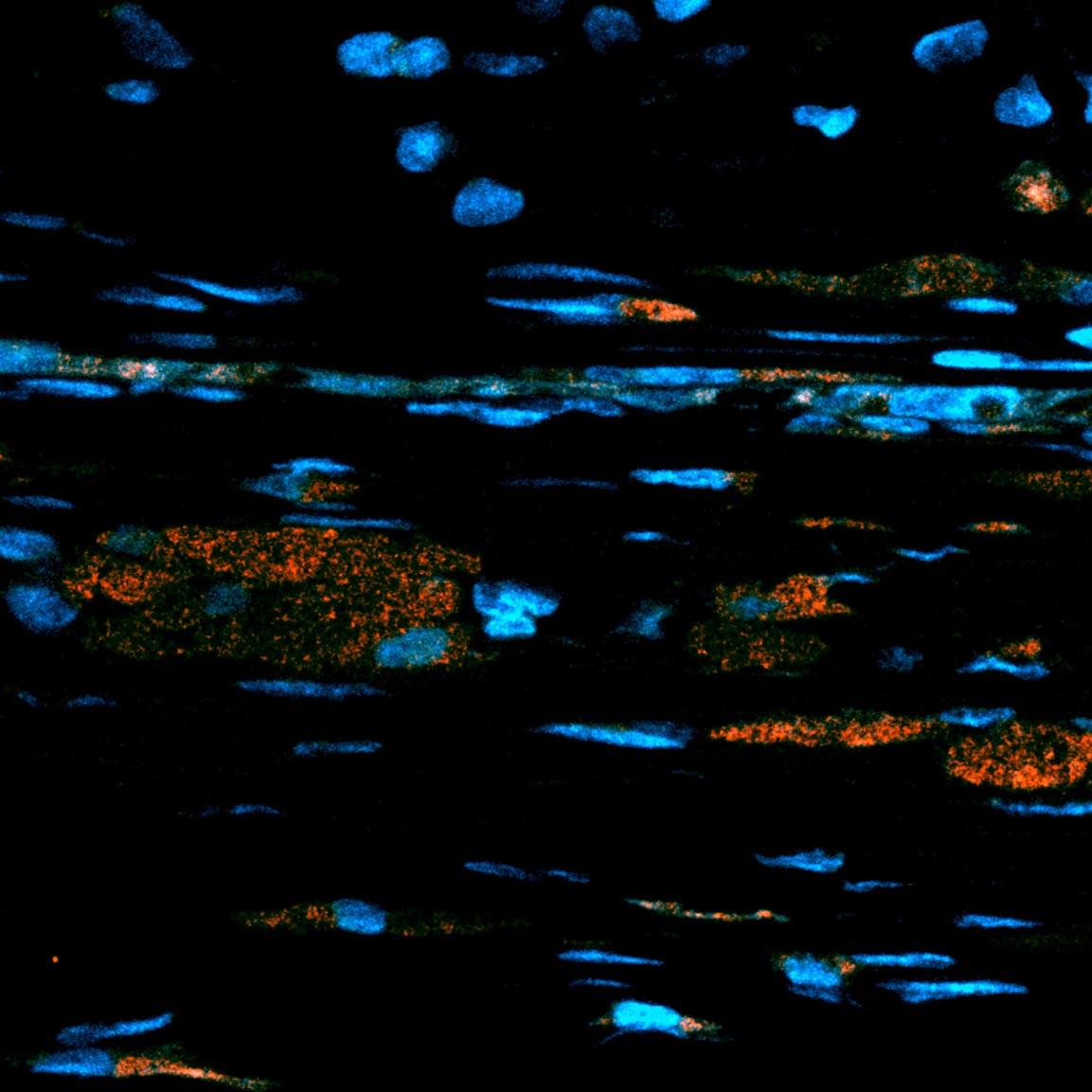
Researchers at the National Institutes of Health (NIH) have developed a pioneering method that may significantly enhance the efficacy of cell-based therapies. This new approach is designed to enable the administration of higher doses and combinations of therapeutic cells, potentially broadening treatment options and improving patient outcomes.
Cell therapies involve using living cells to treat or manage a disease, and they have shown promise in treating conditions such as cancer, autoimmune disorders, and degenerative diseases. However, a major limitation has been the body’s rejection or limited tolerance of large or combined doses of therapeutic cells, restricting how these treatments can be used effectively.
The technique developed by NIH scientists appears to mitigate these challenges. While details of the methodology have not yet been publicly disclosed, preliminary findings suggest that this approach helps enhance the body’s acceptance of more robust forms of cell therapy. It allows for increased quantities or combinations of cell types to be introduced simultaneously, without triggering undue immune responses or adverse effects.
This advancement could pave the way for more aggressive and targeted treatment strategies, utilizing multiple cell types to address complex or resistant forms of disease. Researchers believe the method may improve treatment outcomes, particularly in cases where traditional therapeutic approaches have been ineffective.
The NIH team continues to investigate and refine the technique through ongoing preclinical and clinical studies. Further research will confirm its safety and efficacy across a broader range of applications.
This development underscores the continuing progress in regenerative medicine and the potential of bioengineering innovations to reshape clinical practice.
Source: https:// – Courtesy of the original publisher.








